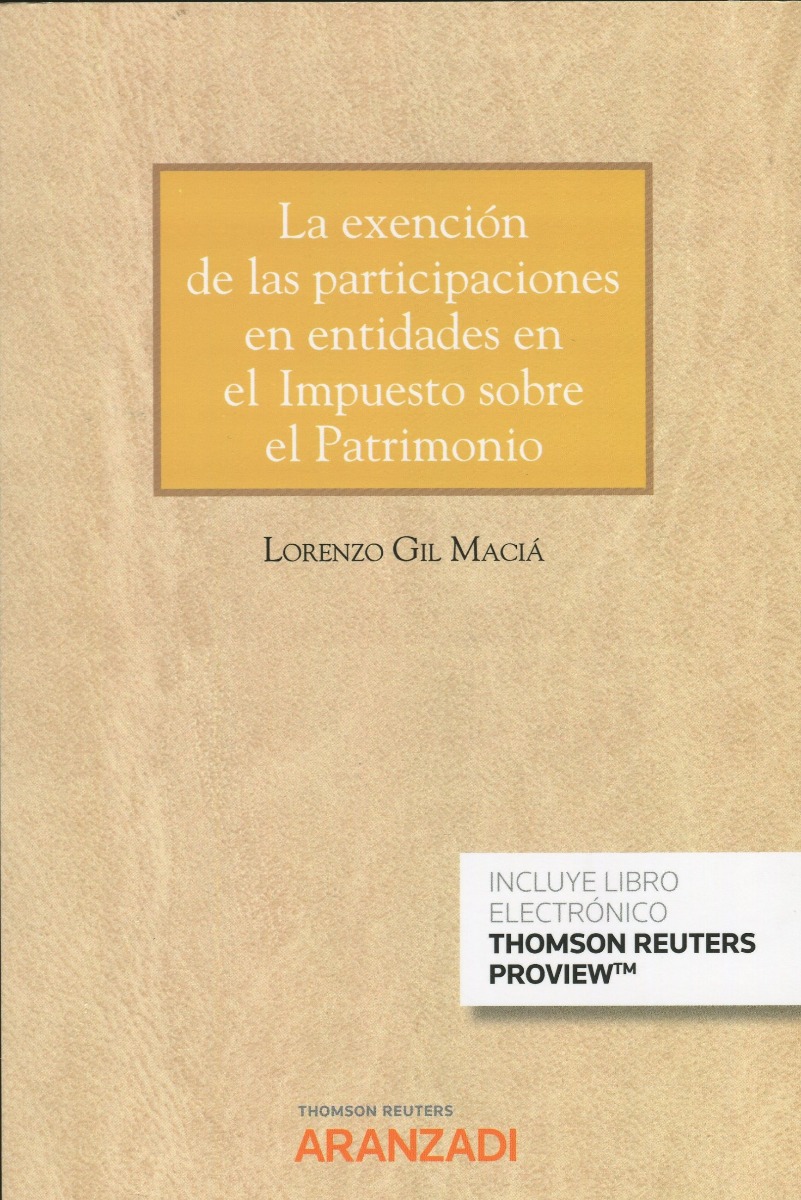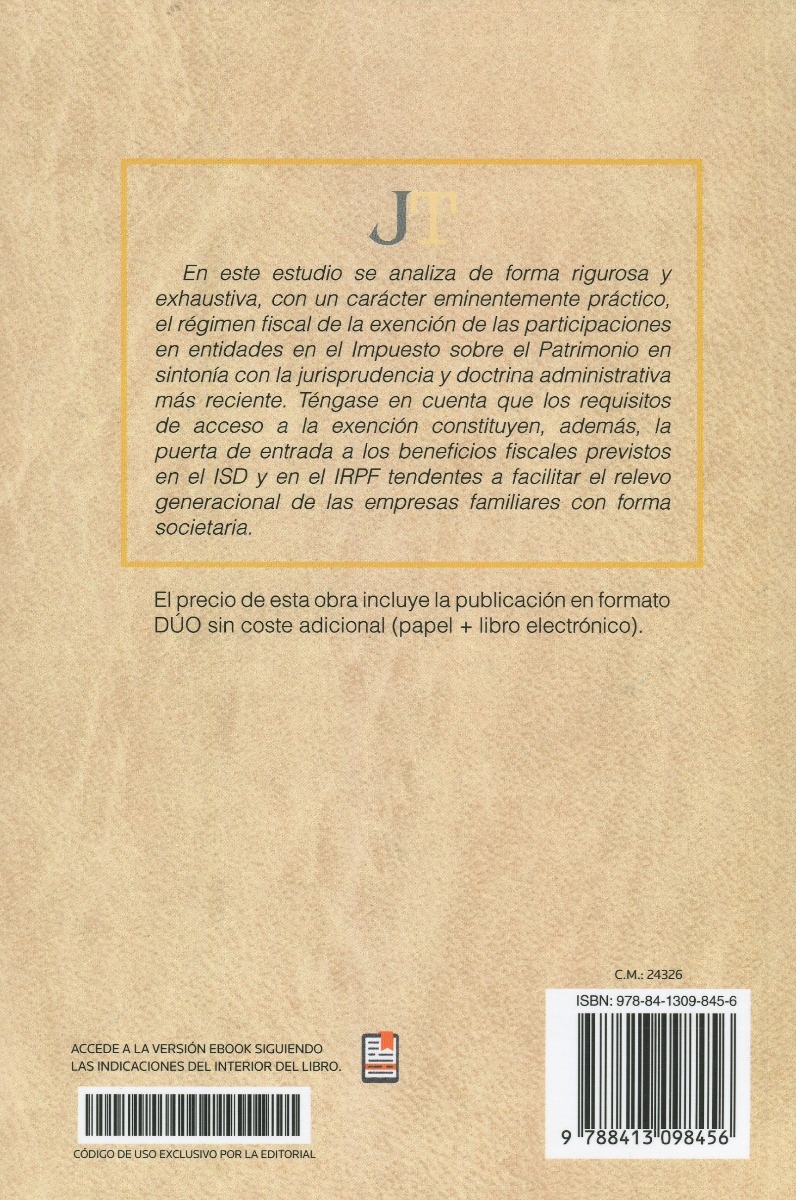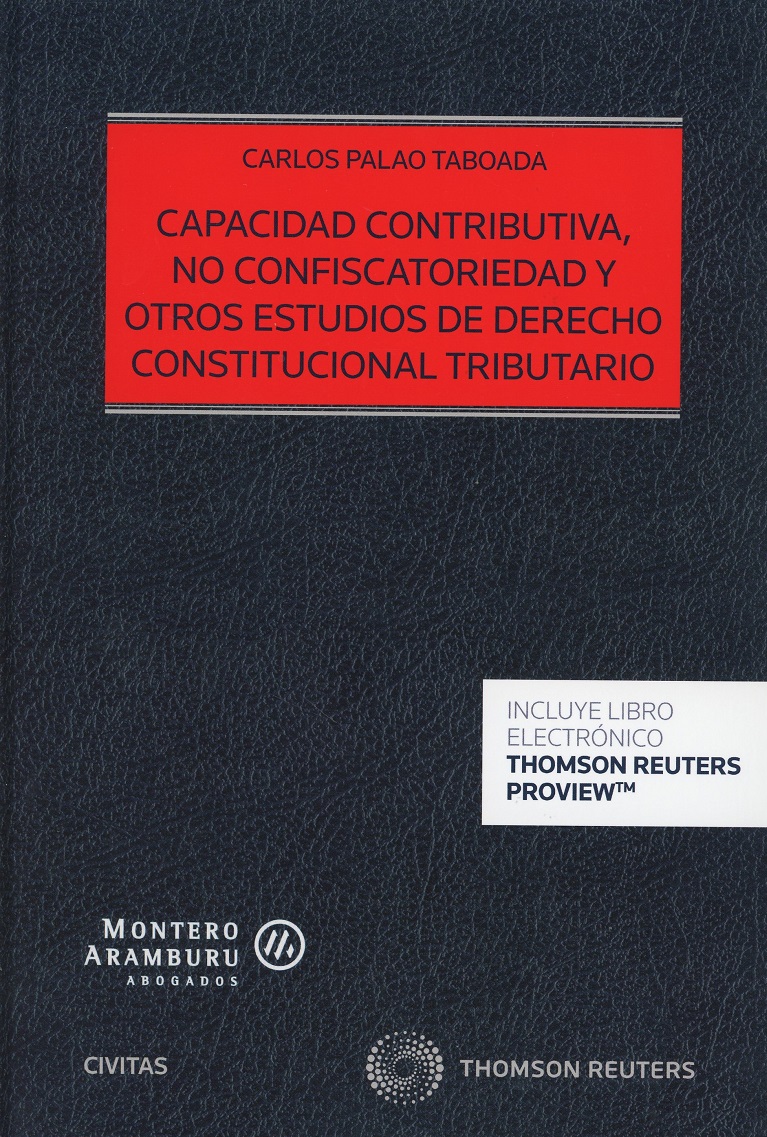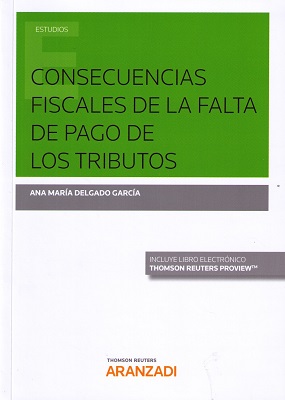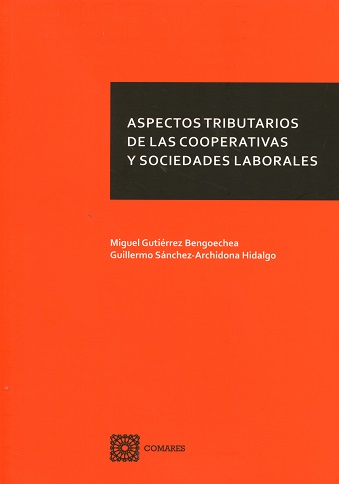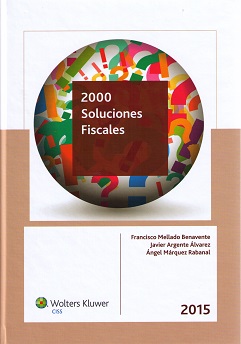Introduction and overview
1. Unsettling the balance of power
Many failures led to the crisis
The waning grip of the G7
The upheaval in the (relative) wealth of nations
The need for international cooperation
The serendipitous G20
No finger-pointing in Washington
Conclusions
2. Success and failures of the G20
The crowning of the G20 as the world-saver
Revamping macroeconomic coordination
The old issues of international coordination confront the G20
Overhauling the international financial architecture?
Cannes (and Los Cabos) hijacked by the European crisis
Russia and the overbearing return of high politics
The BRIC(S) and the G20
Conclusions
3. The reform of the International Monetary Fund
IFIs, their shareholders, and global governance: a multifaceted interaction
The withering of IFIs
Palingenesis
The (latest) IMF quota reform
The Seoul package and its implementation
There is more to influence than quotas
Paradigm regained: the persistence of the Washington orthodoxy
Conclusions
4. Multilateral Development Banks in fashion again
The birth of the MDB business model
More development (and more MDBs) in global architecture
Defending and enriching the mainstream view of development
More than affordable finance
Malaise and revival of the MDBs
The reform of the MDBs
The brand new MDBs
Evergreen tensions and dilemmas
Conclusions
5. Re-regulating finance
The international standards regime and the creation of the FSF
What’s in a letter? From the FSF to the FSB
The daunting tasks of the FSB
Halfway, half-empty, half-hearted, yet significant
Rule-taking behavior
The exorbitant persistence
Conclusions
6. Europe and global governance
The long tradition of punching below one’s weight
Missing a crucial opportunity: the G20
Missing a crucial opportunity: the IMF
The IMF and the European crisis
Three misconceptions
The European decision-making process does not help
The decline is not inevitable
A more effective Europe is also good for the world
Conclusions
References
Index

